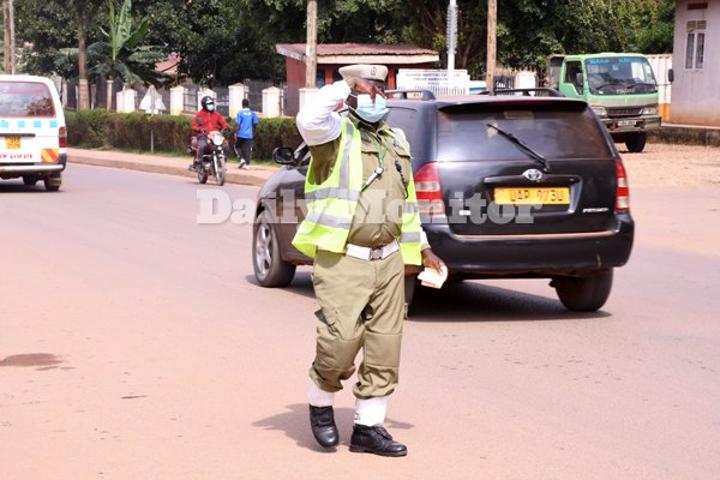Africa-Press – Uganda. Uganda Police Force is introducing a performance management process that will monitor and evaluate the output of traffic officers.
Addressing journalists yesterday during a sensitisation workshop for traffic and community liaison officers, Assistant Superintendent of Police Aisha Kayongo said most police officers are not furnished with action plans.
Ms Kayongo, who is from the Directorate of Human Resource Development and Training, said the time when officers “do not know their expectations in the field” would end soon.
“When you have officers who are not trained, they do not know how to carry out their roles and functions. The gap has been in the uncoordinated training because different police departments have different mandates,” she said.
The Directorate of Human Resources will focus on feedback reports from community engagements to grade officers. They will also assess the increase or decrease of accident victims receiving compensation.
Ms Kayongo revealed that the role of community liaison officers is to educate the public about their civic duty.
Insurers’ speak out
Mr Paul Kavuma, the chief executive officer of Uganda Insurers’ Association, said as champions of road safety, their biggest business is collecting Motor Third Party Insurance.
Insurers have, however, seen their reputations shredded due to compensational claims of accident victims being passed over.
This, Mr Kavuma added, is down to poor documentation and management of information on accident victims. Such poor execution has stalled compensation of close to 23,000 eligible accident victims.
Mr Sam Bambaza, the executive director of Hope for Victims of Traffic Accidents, said they have been piloting a project to promote Third Motor Party compensation for accident victims in seven hospitals.
“We have realised that there are gaps. We need to strengthen the capacity of police to help the victims get compensation, know their rights, and strengthen crash investigations because road accident cases do not go to court due to poor investigations,” he said.
Mr Bambaza added that matters are compounded by legislations such as the 1989 Motor Third Party Risks Act, which is stuck in a time warp. He advised that the law should be amended or replaced to reflect the realities in compensation.






